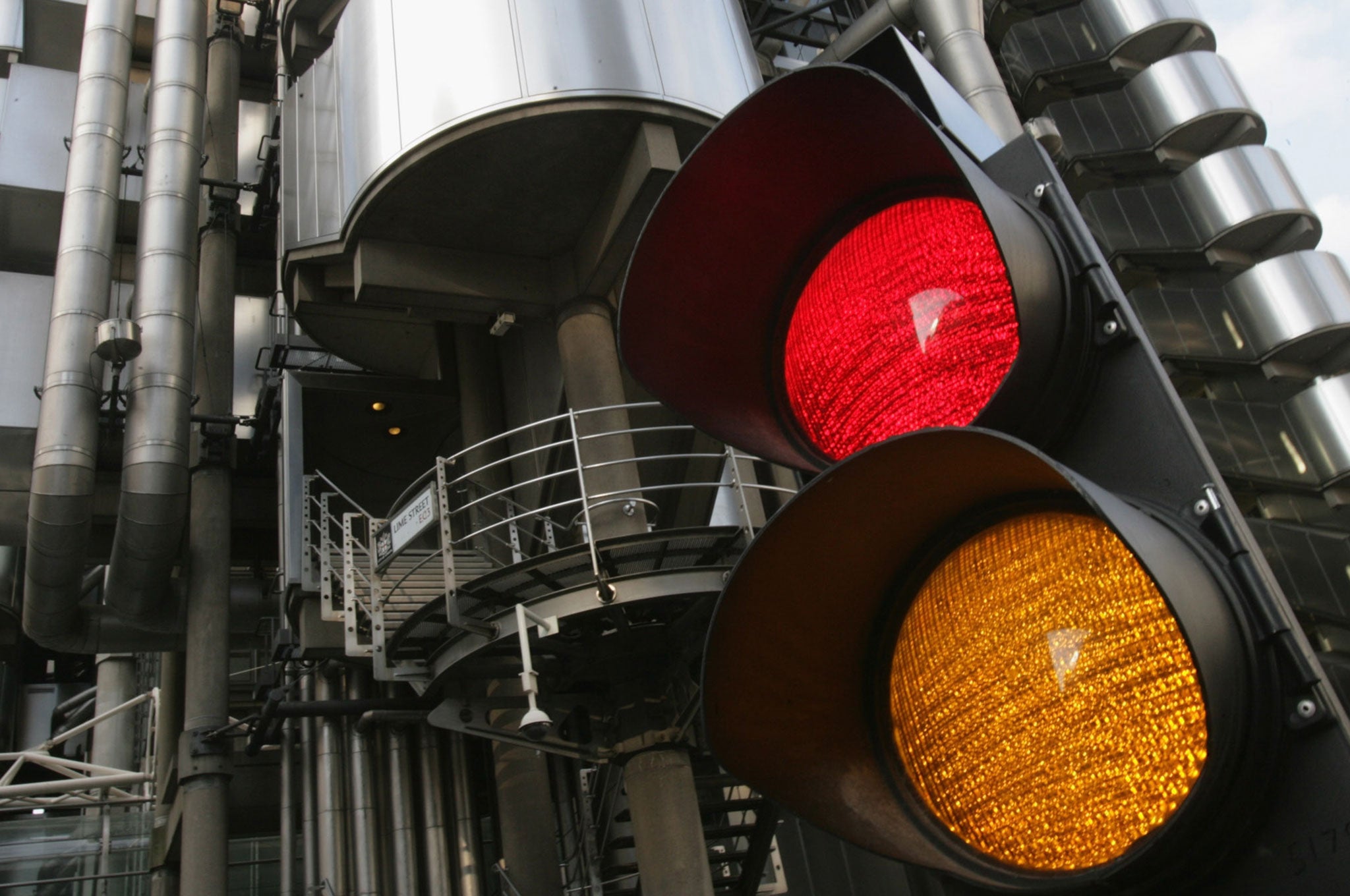Traffic light technology which could reduce congestion and pollution tested in UK
The North East Ambulance Service (NEAS) is piloting the gadget to see if it could create an easier journey for patients

New technology which enables drivers to communicate with traffic systems has been launched in Newcastle.
The revolutionary new device, which attaches to vehicle windscreens like a Sat Nav, can detect traffic lights from 100 metres away and allow drivers to adjust their speed so they can pass through a series of green lights and avoid the red ones.
The North East Ambulance Service (NEAS) is piloting the gadget to see if it could create an easier journey for patients.
Developers hope to take it from a small area of Newcastle City Centre to the rest of the city in coming years, when taxis, goods lorries and other service vehicles could be fitted with the technology to ease congestion and pollution.
Phil Blythe, Newcastle University’s Professor of Transport, said: "Traffic management systems are already in place across the city to improve traffic flow but what’s unique about this trial is that we will be giving personalised information directly to the driver.
"For example, the system might advise a driver that if they travel at 24 miles an hour they will hit the next four sets of traffic lights on green.
"In more congested areas or particularly busy times of the day, then vehicles on key roads might be given priority in order to keep the traffic flowing."
UTMC manager Ray King said the new technology was about "optimising the network".
"NHS vehicles are transporting patients to hospital for treatment and they don’t want to be held up in traffic unnecessarily, delaying appointments for other patients and wasting taxpayer’s money," he continued.
"If we can speed up their journey, giving them priority at lights where appropriate, then it not only reduces fuel bills and delays but also improves patient care.”
Part of the research will be carried out in the University’s DriveLAB – an Electric Vehicle kitted out with eye trackers and a "bio-belt" which measures driver behaviour.
Used in conjunction with the new SatNav technology, the Newcastle University team will be able to analyse how drivers respond to the information given to them by the device.
Join our commenting forum
Join thought-provoking conversations, follow other Independent readers and see their replies
Comments
Bookmark popover
Removed from bookmarks